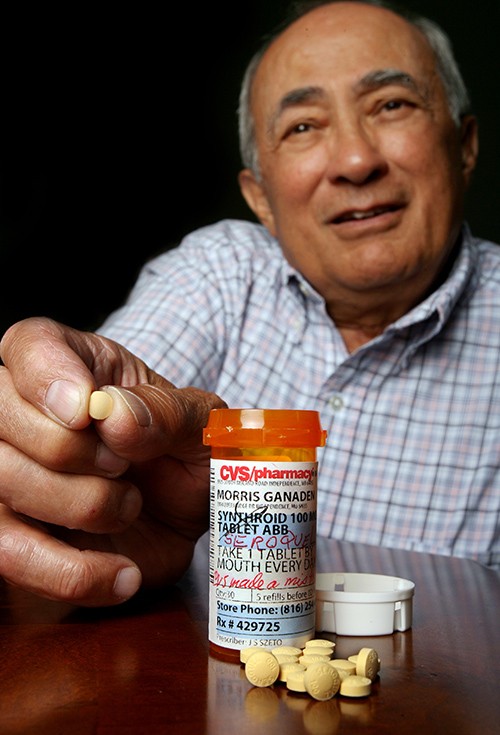WASHINGTON — The Obama administration announced a broad new initiative Tuesday to reduce medical errors, partnering with private insurers, business leaders, hospitals and patient advocates to tackle a problem that kills thousands of Americans every year.
The campaign, funded by the health care overhaul the president signed last year, aims to cut the number of harmful preventable conditions such as infections that patients acquire in the hospital by 40 percent over the next three years.
And it seeks to cut readmissions to hospitals 20 percent by encouraging better care for patients after they leave the hospital.
“”Those are big goals,”” said Dr. Don Berwick, a leading national advocate for patient safety who oversees the federal Medicare and Medicaid programs. “”But the results for patients and families will be dramatic — millions of people … suffering less, tens of thousands of deaths averted and anguish and worry decreased beyond measure.””
Concern about medical errors and the dangers of hospital-acquired infections has been building for more than a decade amid growing evidence that the nation’s hospitals are not as safe as was commonly believed.
One recent study published in the journal Health Affairs estimated that one in three patients admitted to a hospital experiences what is known as an “”adverse event”” such as being given the wrong medication, acquiring an infection or receiving the wrong surgical procedure.
While top-performing institutions around the country have made dramatic improvements in reducing errors, many health care experts and patient advocates believe progress has been too slow.
“”We can’t keep going at the pace we are going,”” said Sorrel King, a leading patient advocate whose 18-month-old daughter Josie died in 2001 when she was given the wrong medication at Johns Hopkins Medical Center, where she was being treated for burns.
The new health care law provides billions of dollars to improve care by rewarding hospitals and physicians that meet higher quality standards, including lowering hospital readmissions that result from poor care.
And in coming months, the Obama administration plans to hand out $500 million in grants to community based organizations that partner with hospitals to develop programs targeting patients immediately after they are discharged from the hospital.
Research has shown that this is a critical time for patients, a period in which the right follow-up care can prevent complications that result in costly and potentially dangerous readmissions.
The administration also plans to spend $500 million to test models for reducing nine types of medical errors, including surgical site infections, pressure ulcers and complications from childbirth.
Administration officials have been working to build a broad coalition of health care providers to support the new quality initiatives, which many believe will ultimately save billions of dollars.
“”As business has demonstrated in various industries over the last three decades, quality costs less, not more,”” said David Cote, CEO of manufacturing giant Honeywell, who joined Health and Human Services Secretary Kathleen Sebelius as she announced the new Partnership for Patients initiative.
The initiative has won the backing of hospital groups, leading insurers, physicians groups such as the American Medical Association and consumer groups such as Consumers Union.
Debra Ness, president of the National Partnership for Women and Families, a leading patient advocacy group, said Tuesday that the quality initiative was particularly important at a time when some in Congress are pushing to slash billions of dollars in federal support for healthcare programs like Medicare and Medicaid.
“”It’s initiatives like this that get to the root of the problem … not cutting services,”” Ness said.









